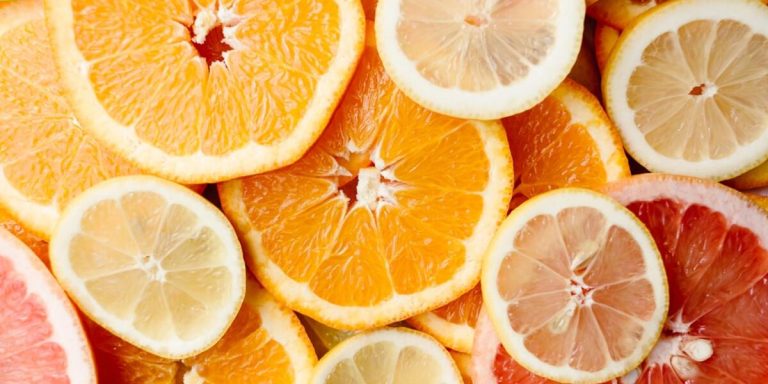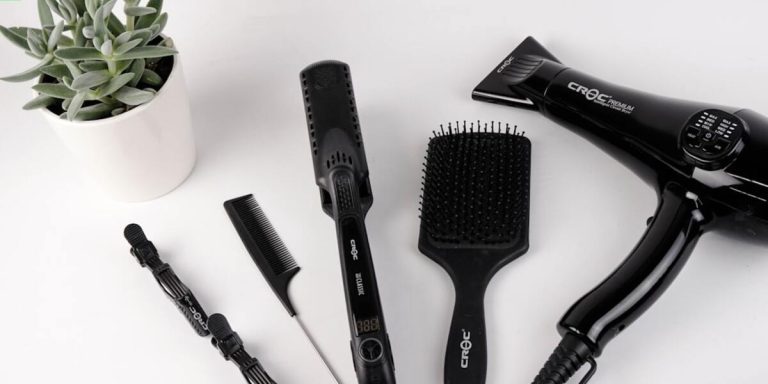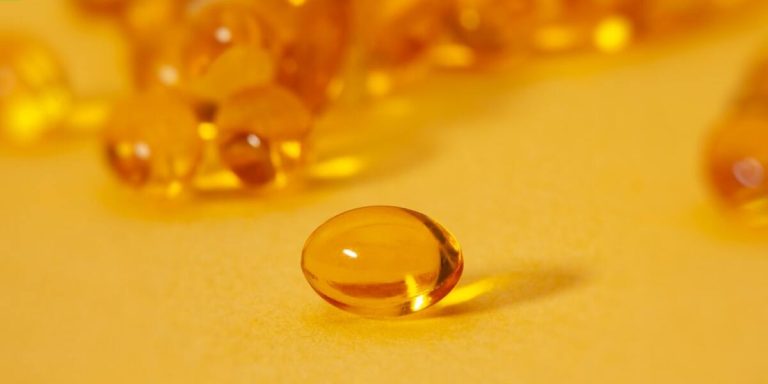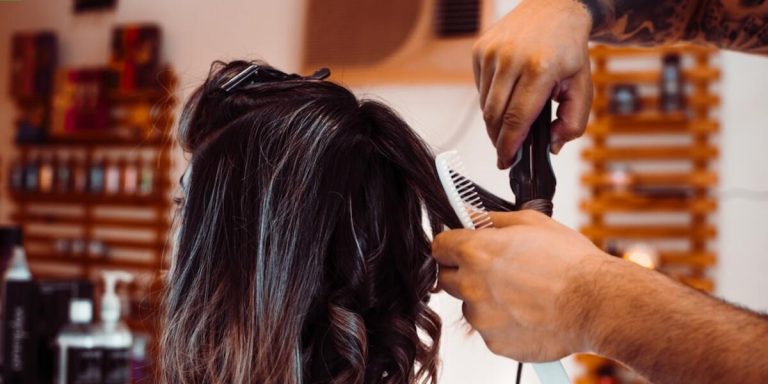Can I Take Prenatal Vitamins for Hair Growth: A Comprehensive Analysis
Many people eager to improve hair health often ask, “Can I take prenatal vitamins for hair growth?” This question has become increasingly popular as more individuals seek out methods for achieving stronger, thicker hair. Most people know that certain vitamins promote overall hair health, but the specific role of prenatal vitamins in this area warrants further exploration.
This comprehensive analysis sheds light on the topic by delving into scientific insights and professional opinions. It focuses on understanding the efficacy and safety implications of non-pregnant individuals using prenatal vitamins to improve hair vitality. Notably, it centers around “Hair Growth Vitamins.”
Did you know?
An intriguing but little-known fact is that prenatal vitamins are often used off-label for hair and nail growth due to their high content of specific nutrients, like folic acid and biotin, which can contribute significantly to promoting healthier and quicker hair growth.
Understanding Prenatal Vitamins and Hair Growth
Prenatal vitamins, known for promoting a healthy pregnancy, have also gained popularity among those seeking hair growth solutions. These multivitamins contain essential nutrients such as iron, folic acid, and biotin that promote healthier cells and consequently stronger hair strands.
Prenatal vitamins contribute to enhanced hair growth due to their high concentration of specific nutrients. These include:
- Vitamin B complex (including Folic Acid)
- Vitamin D
- Iron
- Omega-3 fatty acids
These nutrients create an environment for scalp follicles to thrive, leading to stronger hair roots and fuller locks that resist breakage under strain or heat—factors often encountered in modern society.
Taking prenatal vitamins might seem like a quick fix for thicker hair or improved health, but you should not self-prescribe these supplements without consulting healthcare professionals. Consuming large quantities outside of pregnancy can cause potential side effects, including:
- Nausea
- Constipation
The Link Between Prenatal Supplements and Hair Health
Prenatal vitamins offer a rich blend of essential nutrients specifically designed to support the health of a woman and her developing baby during pregnancy. However, people seeking enhanced hair growth, not just expectant mothers, have made these beneficial supplements popular.
Prenatal vitamins contribute to promoting healthy hair growth by packing higher concentrations of vital nutrients such as biotin, iron, folic acid, and vitamin D.
1) Biotin: Often found in abundance inside prenatal supplements, biotin plays a major role in strengthening one’s hair as well as improving its elasticity. It aids the production keratin- the primary protein constituting your lovely locks.
2) Iron: Pregnant or not – if you’re lacking sufficient iron levels in your body (iron deficiency), it can lead to weak strands prone to breakage. Prenatals compensate for this with an extra dose which may boost overall hair vitality.
3) Folic Acid: This member of Vitamin B family facilitates cell renewal – including those responsible for nurturing strong and vibrant tresses.
4) Vitamin D: A shortage here could translate into thinning scalp hairs; again something prenatals might help restore balance on.
Despite being viewed primarily through ‘pregnancy’ lens until now – there lies significant potential regarding use of prenatal vitamins targeting improved aesthetic outcomes such as fuller & shinier manes even outside context babies/births!
Essential Nutrients in Prenatal Vitamins that Benefit Hair
Prenatal vitamins are loaded with essential nutrients that not only support your pregnancy, but also boost hair growth. The question “Can I take prenatal vitamins for hair growth?” is being asked quite commonly in 2023. Let’s delve into what makes them a winning solution.
First off, these potent pills pack more folic acid and iron than the average multivitamin. Folic acid helps produce red blood cells, which power your scalp’s health and promote faster hair growth overall. Meanwhile, iron aids in delivering a robust flow of oxygen to your tresses, resulting in stronger strands right from their roots.
Biologically speaking, during pregnancy hormonal changes contribute to lush locks by extending each individual strand’s life cycle leading many women who have never been pregnant before wondering if they can tap into this secret source without having children themselves!
Then there’s Biotin – deemed as ‘hair food’, it enhances keratin structures – an integral protein building block for lustrous manes. An increased intake supplements deficiencies thereby decreasing breakage whilst allowing you to grow thick voluminous curls.
Zinc is another standout nutrient present; known best for establishing cellular regeneration and protein synthesis — both vital processes involved when aiming at growing longer-lasting healthy-looking hair.
By now you’d say: well! Prenatal vitamins do seem chock-full with powerful essentials needed for super impressive lengths – But how exactly should I go about taking them? Simple answer here: Consultation first then moderation later!
Comparing General Hair Growth Supplements to Prenatal Vitamins
Prenatal vitamins gain recognition not only for enriching expectant mothers and their unborn babies but also as a potential remedy for hair loss and growth enhancement. Using prenatal vitamins outside of pregnancy may seem unusual, but there is logic to this reasoning.
These supplements, primarily composed of folic acid, iron, calcium, and biotin—hailed as magic ingredients for healthy hair—reportedly improve hair texture and accelerate its growth rate. Their higher quantities of essential nutrients make them more potent than regular multivitamins or the specific hair-growth products on the market today.
Hair Growth Supplements are crucial for maintaining optimum scalp health and promoting stronger strand formation. They contain essential nutrients like B-vitamins, including biotin (Vitamin B7), selenium, zinc, Vitamin C & E, that actively work to enhance your strands from root to end.
Pregnancy hormones naturally stimulate rapid cell reproduction beyond normal conditions. In non-pregnant individuals, taking Prenatal vitamins can deliver an intense nutrient supply supportive enough even without the presence of hormonal support.
Analyzing the Composition of Standard Hair Growth Formulas
Specifically designed to promote hair health, standard hair growth formulas provide your body with the necessary vitamins and minerals. Ingredients such as biotin, vitamin C, D, E, and various other essential nutrients pack these formulations to target follicle strength and scalp nourishment.
Biotin is a popular ingredient in formulas designed to support healthy hair. It converts food into energy and strengthens our hair’s structure. When consumed adequately through supplements or diet, it can improve hair thickness by reducing shedding.
Vitamins C & E contribute significantly to antioxidant activity throughout your body, mainly by potentially reducing oxidative stress in your scalp region. Oxidative stress happens when the body’s production of free radicals outnumbers the antioxidants present, potentially leading to premature graying or hair thinning.
Vitamin D plays a unique role too – recent research has linked deficiencies of this specific nutrient directly with alopecia (a form of hair loss). This makes its regular intake imperative not just for general human functions but particularly so if you’re seeking fuller head coverage over time!
Evaluating the Differences in Nutrient Profiles
When it comes to hair growth, different vitamins offer varying benefits. As we unravel the topic of prenatal vitamins versus general hair growth supplements, let’s dive into their nutrient profiles.
Prenatal vitamins offer a unique mix of nutrients that promote maternal health and fetal development during pregnancy. They include high quantities of key elements such as iron, folic acid, and biotin. Their popularity for promoting lush hair comes from anecdotal evidence where many women report healthier locks while using these supplements during or after pregnancy.
Iron improves oxygen flow to your scalp, promoting healthy hair cell growth. Folic Acid is important for its role in tissue regeneration, including the tissues around hair follicles, resulting in quicker hair growth. Vitamins containing biotin are prized for enhancing hair health as this water-soluble vitamin strengthens keratin structures and reduces strand breakage.
Dedicated hair growth supplements specifically target enhanced capillary strength and boost follicular activity. They balance dose ratios of various compounds like Vitamins C and E for optimal synergistic effects that efficiently nourish human scalps.
Vitamin C contributes towards collagen production while Vitamin E helps reduce oxidative stress on your scalp – factors contributing significantly toward maintaining Voluminous Vibes!
Safety and Effectiveness of Using Prenatal Vitamins for Non-Pregnant Individuals
Prenatal vitamins are often touted as a hair growth remedy, not just for expectant mothers but also for individuals who aren’t pregnant. This practice has gained popularity recently, with people from different walks of life considering prenatal vitamins to improve their hair health.
Prenatal vitamins contain key nutrients that promote healthy infant development prenatally and can potentially boost natural hair growth. These nutrients include:
- Iron
- Folic acid
- Biotin
Using prenatal vitamins can improve hair texture and growth rate. They’re packed with essential B-vitamins, such as biotin, which significantly contribute to hair health. However, you should balance your nutritional needs through whole food dietary sources before relying on these supplements.
Assessing the Risks of Over-supplementation with Prenatal Products
- Folic acid
- Calcium
- Iron
Many non-pregnant individuals are incorporating prenatal vitamins into their daily nutritional routine for their high content of essential nutrients, which include:
They believe these supplements promote hair growth and enhance the quality and speed of hair growth.
Before diving headlong into the trend of over-supplementation with prenatal products in 2023 (or any other year), you should thoughtfully assess its safety. Here’s why:
Certain elements in prenatal vitamins, such as folic acid, support cell renewal for healthy skin and hair. However, scientific evidence doesn’t prove that consuming them in excess leads to better results. Your body may absorb more than it needs without gaining extra benefits.
Secondly, taking specific components of these multivitamins unnecessarily or in excess can pose health risks to non-pregnant individuals. For example, most prenatal formulas contain elevated levels of iron which can cause constipation or nausea when consumed beyond the recommended dose.
Finally yet importantly many experts argue taking specialized supplements without due medical advice potentially distracts from attaining a balanced diet – something truly crucial for radiant skin & lustrous locks!
Long-Term Implications of Taking Prenatal Vitamins for Hair Benefits
Many individuals question if they can take prenatal vitamins for hair growth, even when not pregnant. The long-term implications of this practice are essential to understand.
Prenatal vitamins often have more iron and folic acid than regular multivitamins. These nutrients can promote healthier and faster hair growth. However, you should diagnose the underlying cause of slow or lackluster hair growth before using these supplements.
Typically, inadequate nutrition could contribute significantly towards poor hair health which may lead you down the path of considering supplementation as a solution. Diets low in iron or protein tend mostly mirror through our skin and mane – thinning hairs being one of them!
Prenatal vitamins, when used for an extended period, are usually safe. Yet, excessive intake can cause issues like constipation or nausea due to high iron levels. It might also disrupt the absorption of other substances in your body, like Vitamin C.
Conclusion
Prenatal vitamins can significantly boost your hair growth journey. You might wonder if you can take prenatal vitamins for hair growth. The answer is a resounding yes! Originally intended for pregnant women, these vitamins come packed with beneficial elements that not only improve general health but also promote better hair density.
Remember, relying solely on these supplements isn’t wise because each body reacts differently and side effects can occur without medical supervision. For safer options designed for healthy hair improvement and achieving magnificent manes, please visit our website’s sections dedicated to ‘Hair Growth Vitamins.’ Enjoy your surfing and foster stronger follicles!







